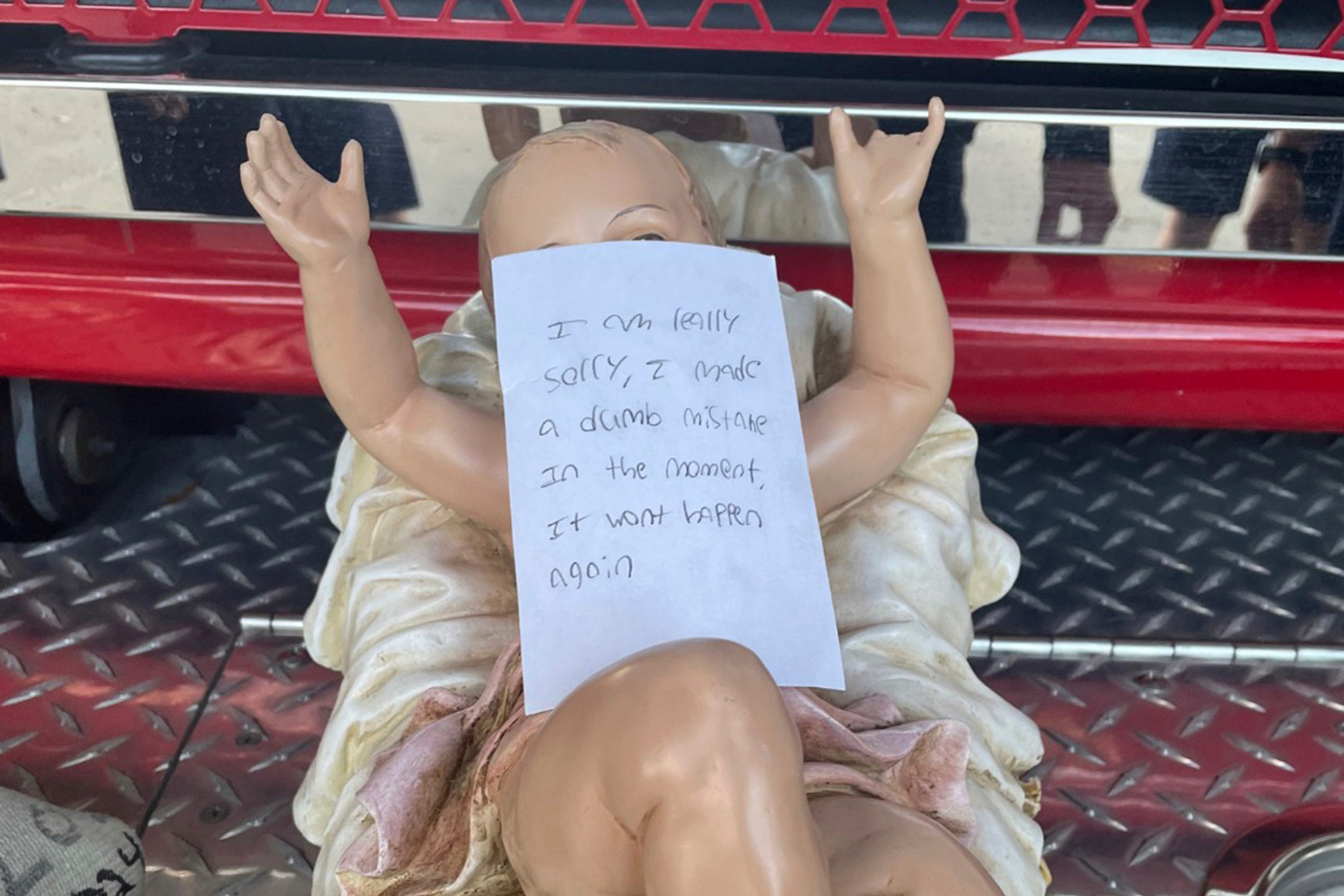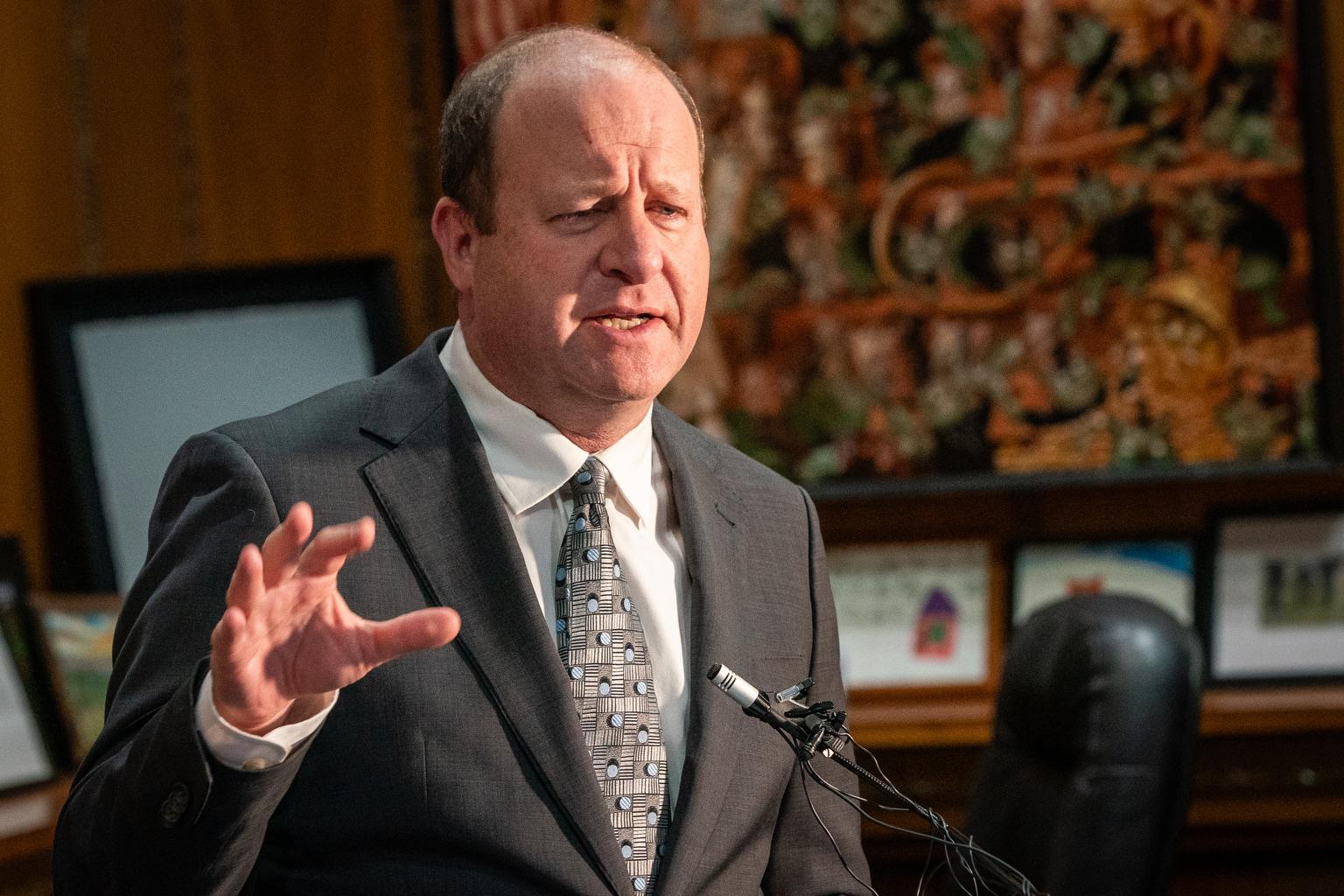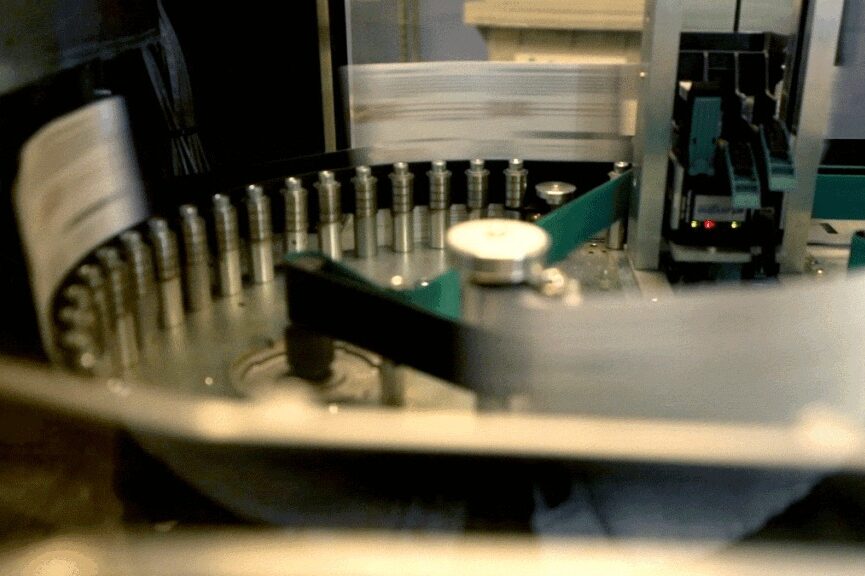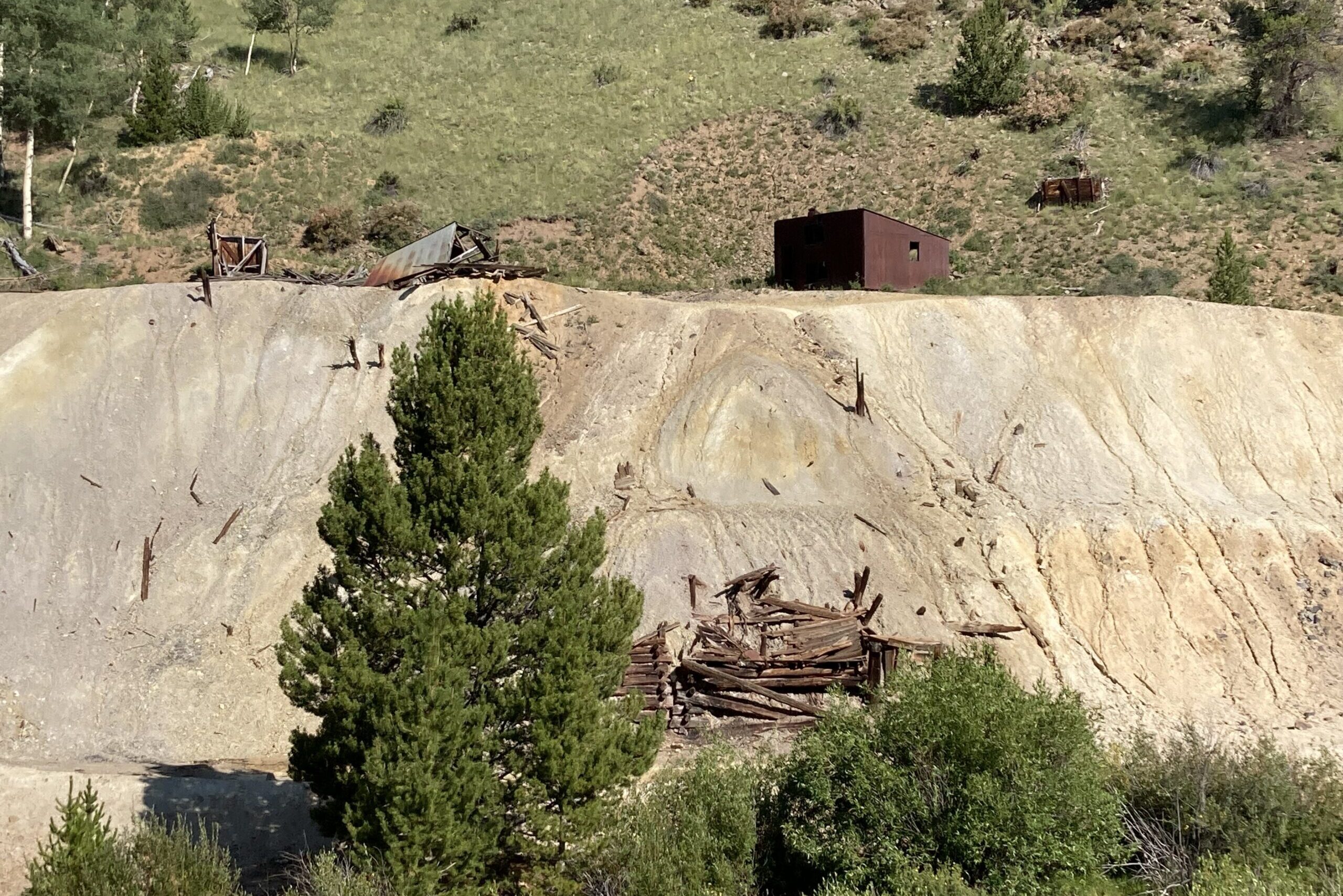
Congress has passed a bill that could make it easier for non-profits or states and local governments to clean up abandoned mines.
The U.S. House on Tuesday approved the Good Samaritan Remediation of Abandoned Hardrock Mines Act, via voice vote. The bill passed the Senate in July and now goes to President Joe Biden’s desk.
The bill sets up a pilot program under the Environmental Protection Agency to allow “good Samaritans” to clean up and improve water quality around abandoned hard rock mine sites without being subject to liability for pre-existing pollution.
“With today’s passage, we’ve now cleared one of the final hurdles preventing these groups from helping to protect the land, water, fish, and wildlife our communities rely on,” said New Mexico Sen. Martin Heinrich, who introduced the bill with Sen. Jim Risch of Idaho. “This victory belongs to every single person who rolled up their sleeves to fix this longstanding injustice, and I’d like to thank those who have carried the baton to get us to this point.”
Some of the Colorado lawmakers who carried the baton in the past include Mark Udall, Cory Gardner, John Salazar and Scott Tipton.
GOP Rep. Celeste Maloy of Utah, who introduced the House companion legislation with Democratic Rep. Mary Peltola of Alaska, said the bill had “robust bipartisan support” and is the “right step forward."
“This bill is critical to removing the obstacles that are preventing the cleanup and remediation of important land and water resources in our nation,” she said during the debate.
Colorado Sens. John Hickenlooper and Michael Bennet are original co-sponsors of the Senate bill, while Colorado Reps. Brittany Pettersen, Joe Neguse, Lauren Boebert, Jason Crow and Yadira Caraveo co-sponsored the House version.
Hickenlooper said the bill is important for all Mountain West states because current liability rules make clean up work too risky.
“If someone, a good Samaritan, comes along and wants to help try to fix [an old mine leaking pollution] and they’ve got a great idea … they can’t do it because the moment they touch anything to do with that pollution, they own it. In other words, they can be sued.” Hickenlooper said. “This is all about trying to let people clean up the mess that people made a century ago without being liable for it.”
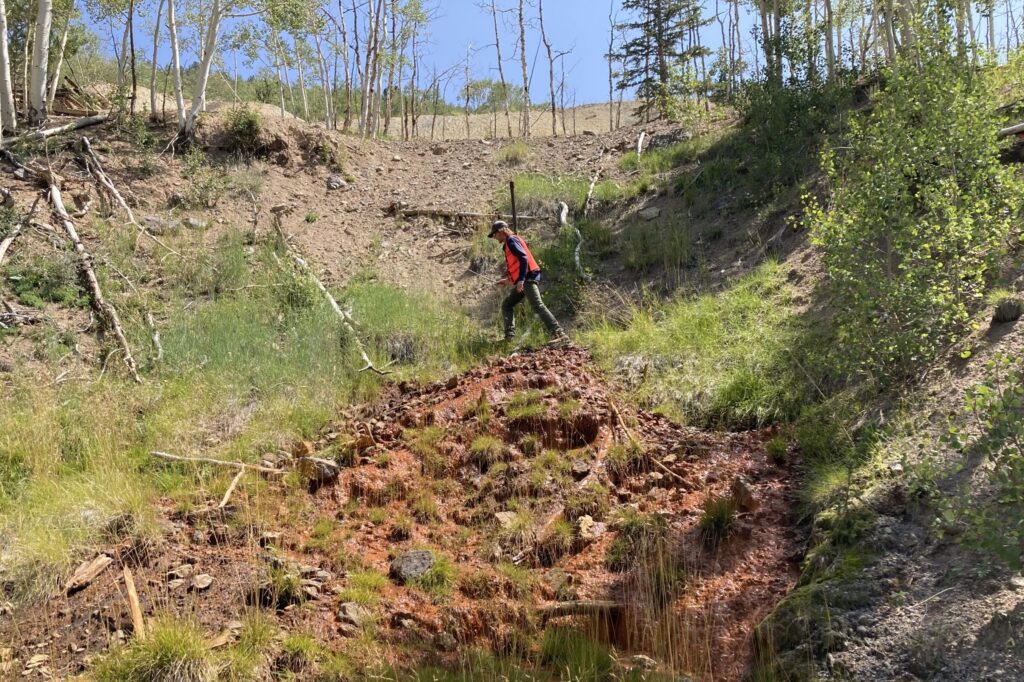
Bennet said he was thrilled the bill made it through Congress, finally.
“It’s 15 years of work by a lot of people, so it will be good to get it done,” he noted. Bennet’s cosponsored past versions of the bill.
During the House floor debate of the bill, Democratic Rep. Diana DeGette said the bill represents a critical step forward, noting the Colorado Department of Natural Resources told her liability concerns have prevented cleanup efforts in the state.
Pettersen called the passage of the bill a win for Colorado. “Thousands of abandoned hardrock mines in Colorado and across the country pollute our waters, harm our environment, and threaten our communities. This commonsense solution will cut red tape and allow state, local governments, and nonprofits to help clean up these mines and ensure cleaner water and safer communities for years to come.”
It’s estimated there are as many as 140,000 abandoned hardrock mines in the U.S., with about 23,000 in Colorado. The legislation sets up 15 pilot projects over seven years.
Ty Churchwell, mining coordinator for Trout Unlimited, said passage of this bill is “a big, big deal.” The non-profit is one of only a few that do this kind of work, with much of it done by state mine remediation agencies.
“It gives us the opportunity to address those kinds of sites, which we haven't been able to touch at all, and we start to move the needle in really addressing the problem nationwide,” he said. Churchwell stressed that the provisions of the Clean Water Act are still in place with the legislation, but if good Samaritans are not able to successfully remediate a site, the liability issue will be waived for them.
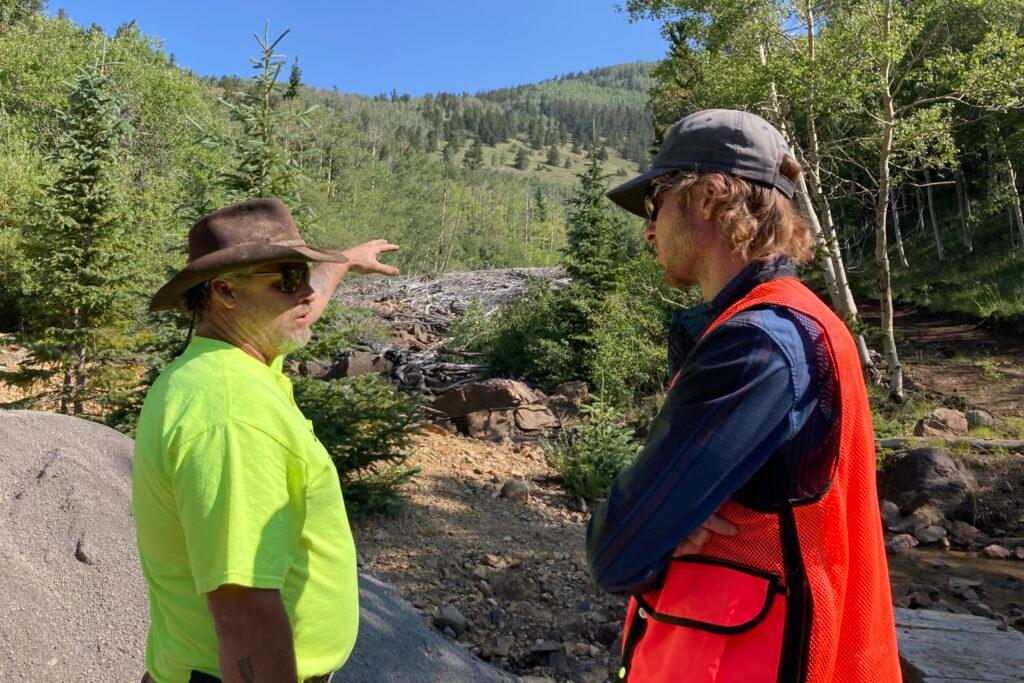
Jason Willis, director of Trout Unlimited’s Western Abandoned Mine Land Program, said the liability issue prevented the group from doing some work at the Orphan Boy Mine near Alma in Park County. They were able to remediate non-point source parts of the project, such as waste rock consolidation and capping, but could not treat pollution draining from the mine.
“We were able to do 90 percent of the project, but that last remaining 10 percent in this case, we were unable to do because of the liability concern. So, there are projects like this across Colorado … that we could be tackling with this legislation.”
The group is hopeful that one of the 15 pilot projects will be in Colorado. The pilot program also has the potential to help improve treatment techniques and technology. And, advocates already hope, could also be renewed or expanded when all is said and done.
- Oil, Gas And Mining Left Marks Across Colorado. The Federal Infrastructure Bill Could Help Clean Up Some Of It
- How a Colorado scientist wants to slow climate change — one brick and tile at a time
- Colorado Springs is reimagining what a quarry near Blodgett Peak can look like. Tell us what you think should go there



